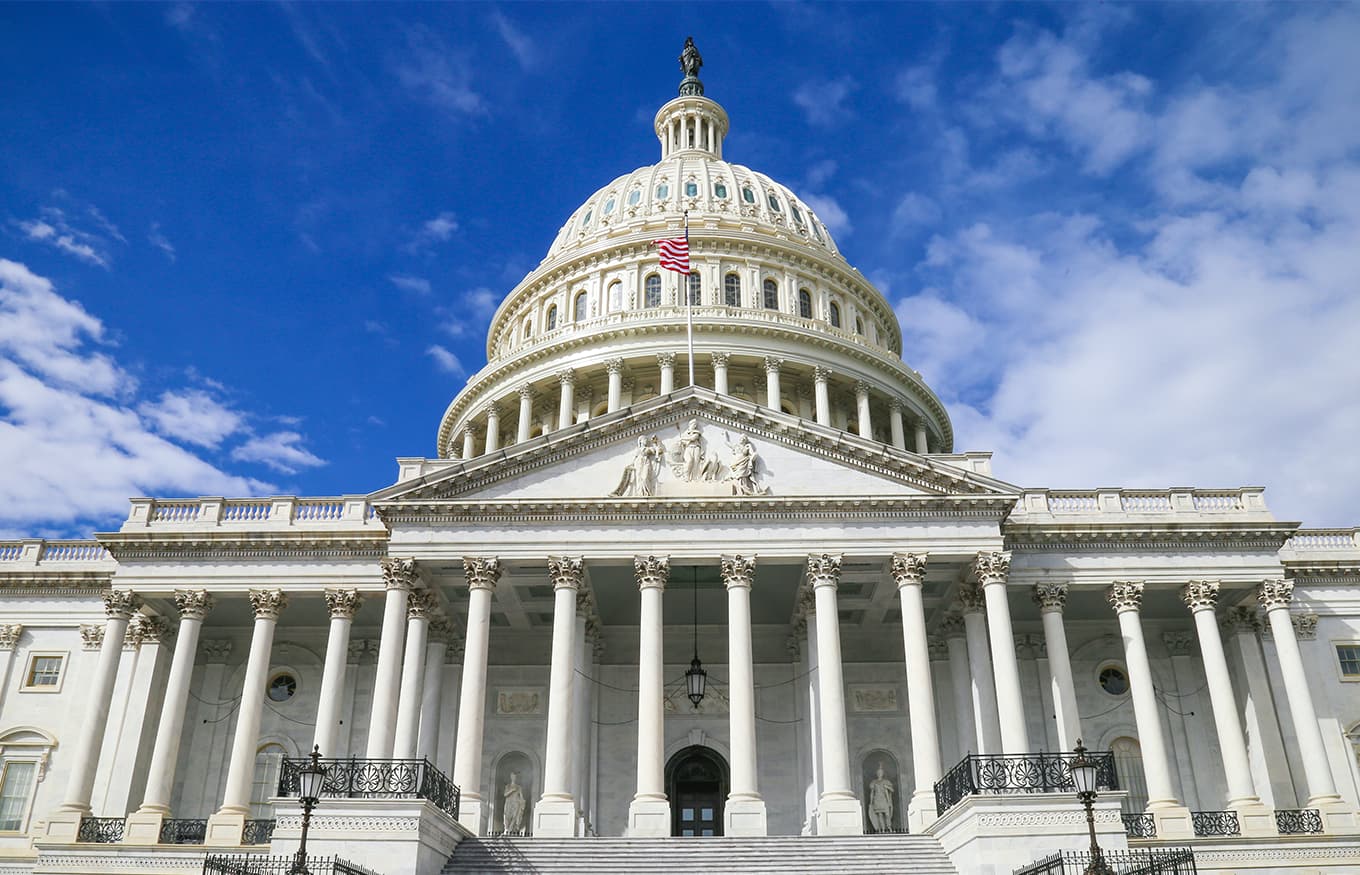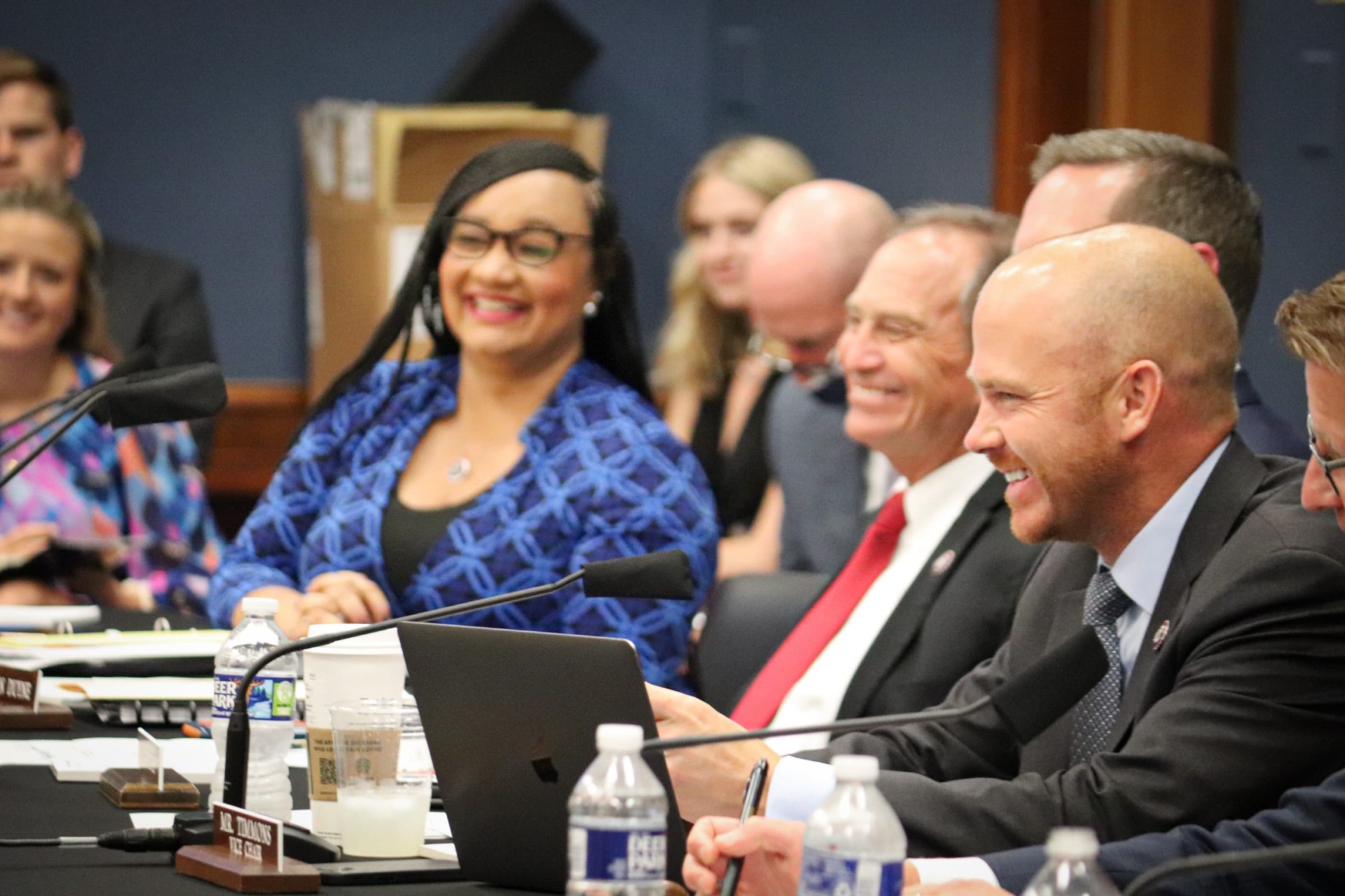
Legislation & policy analysis
New appropriations package strengthens Congress — if members use the funds
This week, President Biden signed into law H.R. 2471, a $1.5 trillion spending package that will fund the government and its operations for fiscal year (FY) 2022. Issue One applauds…




